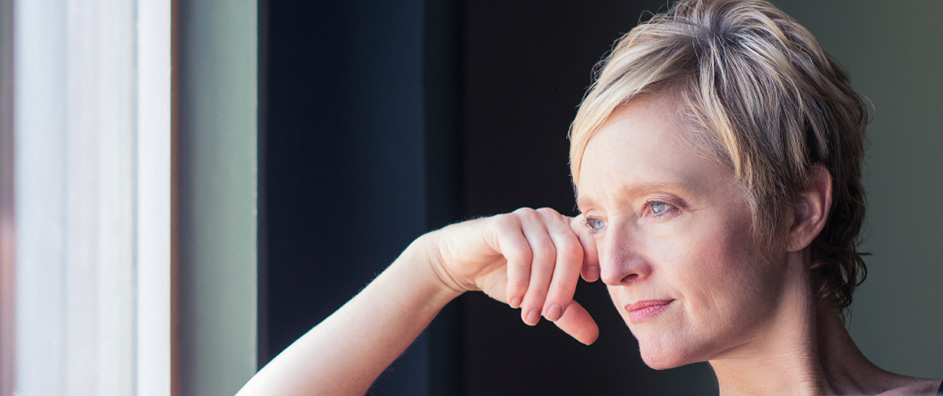The concept of conscience has been a subject of profound philosophical, theological, and ethical inquiry throughout history. Within the Bahá’í Faith, the question of “Who owns your conscience?” is not merely rhetorical; it invites individuals to contemplate the nature of personal responsibility, moral autonomy, and spiritual development. This exploration of conscience underscores the intricate interplay between individual conviction and communal obligation.
In contemplating the ownership of one’s conscience, it is paramount to first define what is meant by ‘conscience.’ Generally, conscience can be conceived as the internal compass that guides an individual’s moral judgments and actions. It is the voice that whispers to an individual in moments of ethical conflict, urging adherence to principles deemed right or unjust. In Bahá’í teachings, this internal dialogue is informed by God-given guidance and the teachings of the Manifestations of God, rather than merely societal norms or personal whims.
The Bahá’í perspective asserts that conscience is not merely an individual possession but a reflection of a broader divine purpose. According to Bahá’í philosophy, humanity is fundamentally interconnected; thus, the conscientious decisions made by one individual can ripple through the community, affecting diverse facets of life. This interconnectivity posits that while individuals are responsible for their own conscience, they also bear the weight of their choices upon the collective.
Moreover, the optimal development of conscience is viewed as a dynamic process rather than a static endpoint. Bahá’ís believe that individuals must engage in continuous self-reflection and personal development, striving to align their actions with their inner convictions. This journey necessitates a commitment to education, as enlightenment plays a pivotal role in shaping a robust conscience. It is through education that individuals can discern right from wrong, transcending narrow self-interest to embrace universal principles of justice and compassion.
Central to Bahá’í teachings is the concept of the oneness of humanity, which serves as a guiding tenet for conscientious living. The recognition of all people as part of a singular human family underscores the enormity of moral responsibility. Thus, conscience is articulated not only as a personal attribute but as an instrument for fostering social harmony and equity. This perspective challenges adherents to transcend parochial concerns, considering instead the collective well-being of all. The imperative to act justly is a reflection of one’s conscientious allegiance to humanity as a whole, transcending geographical, religious, and cultural boundaries.
The exploration of conscience in Bahá’í thought inevitably leads to the examination of how external influences shape individual moral frameworks. Society, culture, and religion exert considerable influence on the conscience. While this external moral fabric provides essential norms and guidelines, it is vital to approach such influences with discernment. The Bahá’í Faith encourages individuals to critically assess societal norms through the lens of spiritual teachings, determining which aspects resonate with their inner moral compass and which are incongruent with their evolving understanding of justice and truth.
Furthermore, the concept of accountability plays a salient role in who ultimately assumes ownership of one’s conscience. In essence, the Bahá’í teaching posits that individuals are ultimately responsible for their choices. While society and external factors can shape paths and perspectives, the onus lies upon each person to cultivate their own moral integrity and act in accordance with it. This intrinsic accountability fosters a sense of empowerment, nudging individuals toward deliberate and principled living.
It is noteworthy to mention that the conscientious path is laden with challenges. Navigating moral dilemmas often entails grappling with competing values and expectations. Bahá’ís are encouraged to engage in consultation—an extraordinarily significant practice in the Faith. Through consultation, individuals collectively deliberate and arrive at decisions that reflect a synthesis of diverse viewpoints, allowing for a more comprehensive consideration of moral issues.
This process underscores an essential paradox; while individuals are vested with personal responsibility for their conscience, they also thrive within a community that fosters ethical discussions and cooperative decision-making. The ownership of one’s conscience emerges not in isolation but through mutual engagement and the infusion of collective wisdom, enriching the personal moral journey.
Ultimately, the query, “Who owns your conscience?” remains a catalyst for self-examination and existential reflection. In the Bahá’í context, ownership of conscience coalesces around themes of spiritual development, communal responsibility, and ethical accountability. This holistic approach to conscience becomes a means of navigating the complexities of modern life, empowering individuals to live thoughtfully and purposefully while remaining deeply intertwined with the collective ethos of humanity.
Through the lens of the Bahá’í teachings, the ownership of conscience transcends any simple attribution; it encapsulates the individual’s relationship with divinity, society, and the broader world. Thus, Bahá’ís strive to embody principles of justice, unity, and love in action, reinforcing that the conscientious journey is an ever-evolving odyssey, one that embraces both personal growth and community welfare as integral components of a shared human experience.
